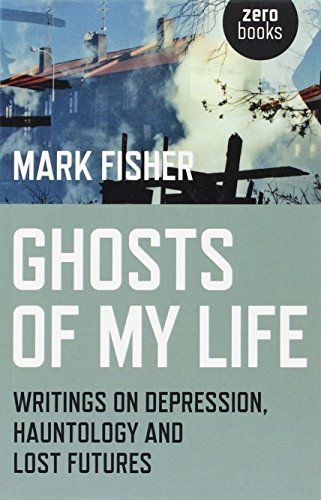
Reviews
N.C@quince
Marcus Rosen@hummingbird
Trever@kewlpinguino
Angbeen Abbas@angbeen
Colton Ray@coltonmray
Dennis Jacob Rosenfeld@rosenfeld
Claire Matthews @clairefm
Sam D@samd526
Harry@kleptwo
James Ewen@jimbobjimpants
Lily@variouslilies
Angelo Zinna@angelozinna
Tim Vos@roquentin